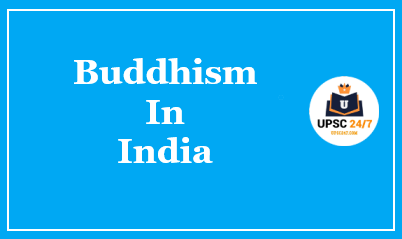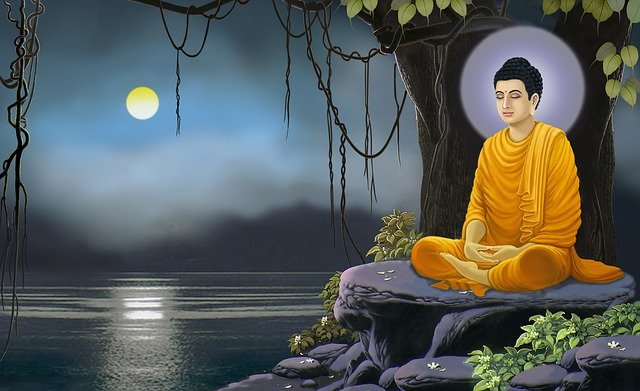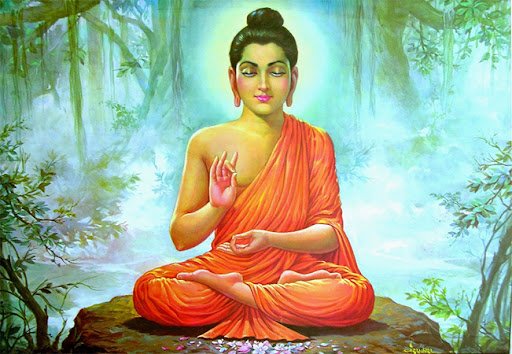Govind Ballabh Pant | UPSC | Why In The News ?
Recently, a statue of freedom fighter Govind Ballabh Pant was unveiled at its new location on a roundabout at the Pandit Pant Marg, New Delhi.
About Govind Ballabh Pant :
- Pant was born on 10 September 1887 in what is now Uttarakhand, at Almora.
- When he was 18 years old, he started serving as a volunteer at sessions of the Indian National Congress.
- In Kashipur, he established an organisation called Prem Sabha that started working towards several reforms. •
- He also saved a school from shutting down due to non-payment of taxes to the British government.
- Govind Ballabh Pant joined the Congress in December 1921 and soon joined the non- cooperation movement.
Offices He held: Khudiram Bose | UPSC
Before independence:
- In December 1921, he was elected to the Legislative Assembly of the United Provinces of Agra and Oudh, which he later renamed Uttar Pradesh.
- He was elected as a candidate of the Swaraj Party from Nainital.
- In the 1937 provincial elections held under the Government of India Act, 1935, Pant was appointed premier. He served the post till 1939, when all Congress ministers resigned after the British committed India to the Second World War of its own accord.
- In the United Provinces election held in 1946, Pant was once again appointed the premier.
After independence:
- First chief minister of Uttar Pradesh.
- He served as India’s home minister from 1955 to 1961.
- It was during his tenure that states were reorganised on linguistic lines.
- He became the first Chief Minister of Uttar Pradesh and was in the office from 26 January 1950 to 27 December 1954.
Key contributions:
- During his tenure, he raised several important issues like the need to abolish the zamindari system and championed the cause of forest preservation.
- He also worked to protect farmers from excessive rents levied by the British government.
- He encouraged many cottage industries in the country and raised his voice against the coolie beggar law, which forced porters to transport the heavy luggage of British officials without any payment.
- Following Gandhi’s footsteps, Pant also organised a massive salt movement in the United Provinces.
- In May 1930, he was arrested and held at Dehradun jail.
- He also protested against the Simon Commission.
- Pant was always against a separate electorate for minorities, saying the step would further divide communities.
Awards and Honours:
- In 1957, Pant was awarded India’s highest civilian award, the Bharat Ratna.
Source : PIB







